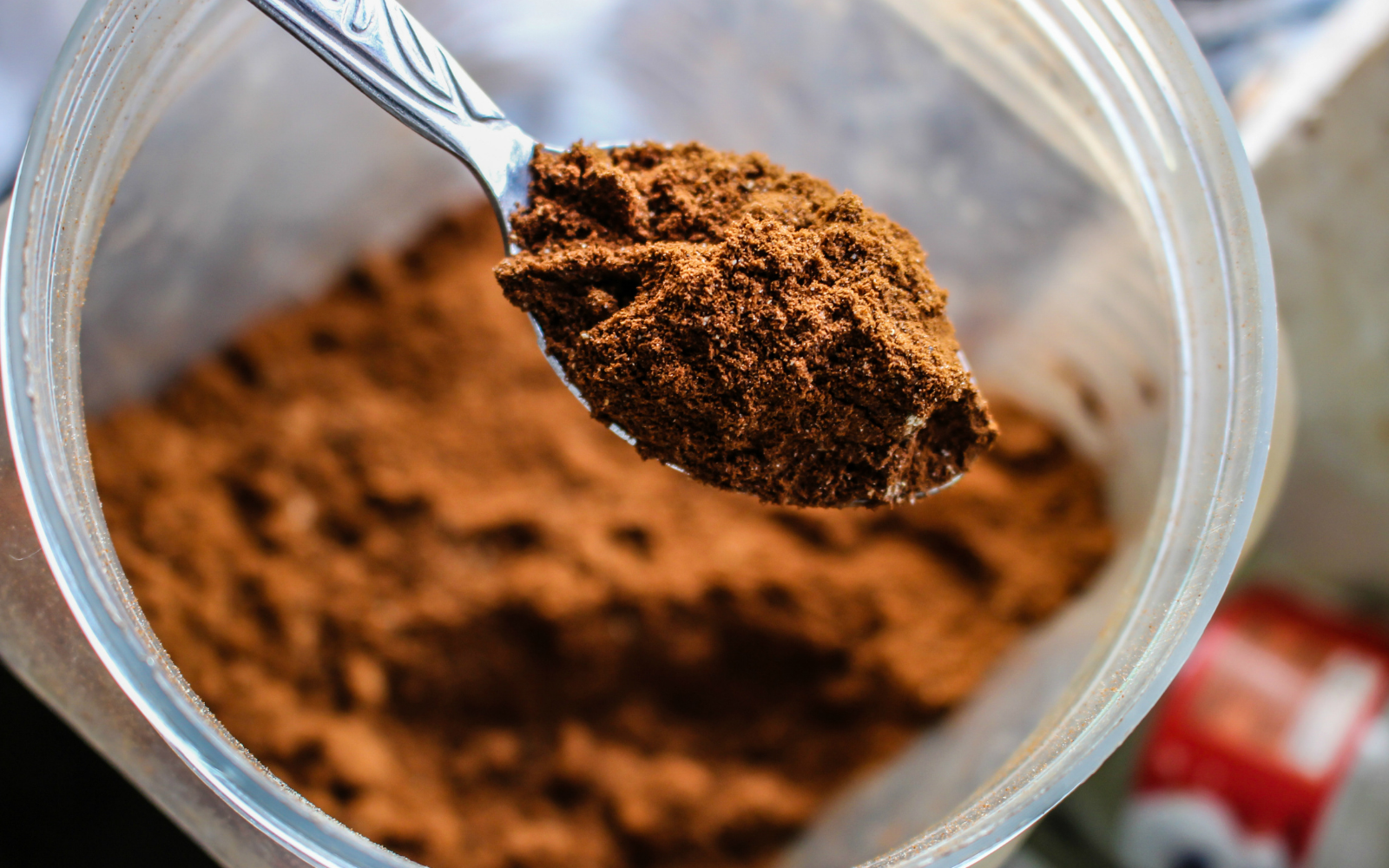Leaky gut comes with plenty of painful symptoms: cramps, bloating, brain fog, rashes, and more.
If you suffer from this excruciating condition, you may find some relief by making important dietary and lifestyle changes.
Since gut health is paramount, it’s crucial to start your road to healing by altering your diet and only feeding your digestive tract foods it can handle.
After you make those changes, you can begin researching leaky gut supplements to further improve your health and reduce symptoms. Let’s go over the most important ways to support gut health and which supplements can guide you along in your journey.
What Is Leaky Gut Syndrome?
When normal people consume food, the lining of their intestines prevents that food from spilling into the bloodstream and different parts of the body. In someone with leaky gut, however, the gut lining is compromised. Substances like gluten, microbes, and other toxins leak out of the digestive tract and into the bloodstream and different parts of the body. The condition is also known as gut permeability. In other words, substances from food are able to permeate your intestinal lining and make their way into parts of the body where they don’t belong. Leaky gut can also alter the way your gut bacteria operates. Vital gut bacteria help your body digest food and maintain overall health. When your gut bacteria (otherwise known as flora) is thrown off, this can create problems across the entire body – both physical and mental. Over time, this condition can lead to food sensitivity, bloating, digestive issues, and plenty of other unpleasant problems.What Causes Leaky Gut?
Experts aren’t entirely sure about the specific causes of leaky gut. Here are a few unique factors that can contribute to intestinal permeability.- Presence of chronic health conditions like diabetes, cancer, and celiac diseaseLong-term consumption of NSAIDs like Motrin
- Low levels of healthy gut microbes and bacteria
- High levels of zonulin: a protein responsible for regulating tight junctions
- Presence of autoimmune conditions
What Are the Symptoms of Leaky Gut?
Gut health plays an important role in health across the body – including mental health. Researchers have only recently proven the direct link between gut health and mental conditions like brain fog, anxiety, and depression. Leaky gut symptoms may vary from person to person. In general, here are a few key symptoms to look out for.- Fatigue
- Mood swings
- Stomach cramps
- Bloating
- Gas
- Autoimmune disease
- Constipation
- Other digestive issues not mentioned
- Diarrhea
- Skin rashes
- Sugar cravings
- Joint pain
- Joint pain
- Food allergies
- Headaches or migraine

Start by Fixing Your Diet
Fixing a leaky gut starts with food choices. Begin your journey towards good health by improving your diet first.Which Foods Should You Eat?
Fill your diet with plenty of veggies to support gut health. Here are the best foods to consume.- Brussels sprouts
- Kale
- Cabbage
- Fermented veggies
- Coconut
- Bananas
- Lemons and limes
- Chia
- Flax
- Avocado
- Salmon
- Tuna
- Yogurt
- Kefir
- Lean chicken
- Raw nuts
Which Foods Should You Avoid?
While it’s important to fill your diet with healthy foods, it’s equally important to know which foods to avoid. The following foods can inflict further damage on your intestines and prolong your leaky gut symptoms – especially if you have a food allergy or gluten sensitivity.- Wheat products: bread, pasta, cereals, barley, rye, and flours
- Processed meats like cold cuts and sausage
- Baked goods
- Premade snack foods
- Dairy products: ice cream, milk, and cheese (except for yogurts)
- High-sugar and high-sodium junk foods
- Carbonated or alcoholic beverages
- Sauces made with soy like teriyaki
- Refined oils like canola and safflower
- Artificial sweeteners
- All kinds of junk food
Best Supplements for Leaky Gut
These foods and supplements have a positive effect on gut health. Start by introducing one at a time to see what works best for your specific condition and symptoms.1. Collagen
Collagen is the most abundant protein in the body and every cell needs collagen to function. Studies show that consuming collagen can improve gut health due to its high levels of amino acids like proline and glycine. (2) These amino acids can actually repair the lining of your gut.2. Probiotics
Probiotic supplements contain live bacteria that live inside your intestines. Consuming certain foods can throw off the balance of bacteria. Fortunately, you can supplement your diet with a probiotic to improve gut microbiome and lead to overall great digestive health. Prebiotics (foods that pass through your digestive tract almost completely unchanged) are also important for “feeding” probiotic bacteria. You can also look at implementing synbiotics into your diet.3. L-glutamine
L-glutamine is a crucial amino acid responsible for specific processes throughout the body. In your gut, l-glutamine plays a crucial role in metabolism and supporting your intestinal barrier. (3)4. Fiber
95% of Americans simply don’t consume enough fiber. If you can add more fiber to your diet, this may be an easy way to improve your leaky gut symptoms. If you struggle to eat enough fiber-rich foods in meals, consider taking a fiber supplement.5. Digestive Enzymes
Your body makes digestive enzymes on its own but if you suffer from painful gut symptoms, you may want to consider adding a supplement to your diet before meals. These enzymes will take the stress off of your digestive system and intestines because they help break down food.6. Medicinal Mushrooms
Medicinal mushrooms play an important role in strengthening your immune system on multiple levels. In particular, Lion's Mane and Turkey Tail Mushroom have been used to improve gut health. Many functional mushrooms can also soothe digestive distress and help your intestines heal. (4)7. Turmeric and Curcumin
Turmeric and its active compound curcumin are powerful antioxidants and anti-inflammatories. Limited research suggests that turmeric can improve intestinal repair and support the intestinal lining.8. Bone Broth
Bone broth can support digestive health on multiple levels. For starters, it’s gentle and easy to digest which takes plenty of stress off your intestines. However, it also contains some collagen, gelatin, and other gut-healthy substances to improve the intestinal lining.9. Licorice Root
You may not like the taste of licorice candy, but licorice root is actually a powerful adaptogen. Adaptogens help the body defend against and repair from physical and mental stress. If you can’t stand the taste of licorice, consider taking it as a supplement. You may also find that you don’t mind the taste in tea form since it’s much less overpowering than the flavor used in candy


